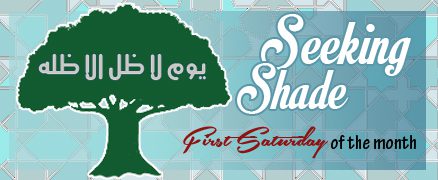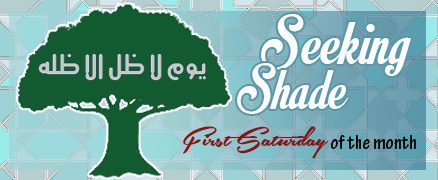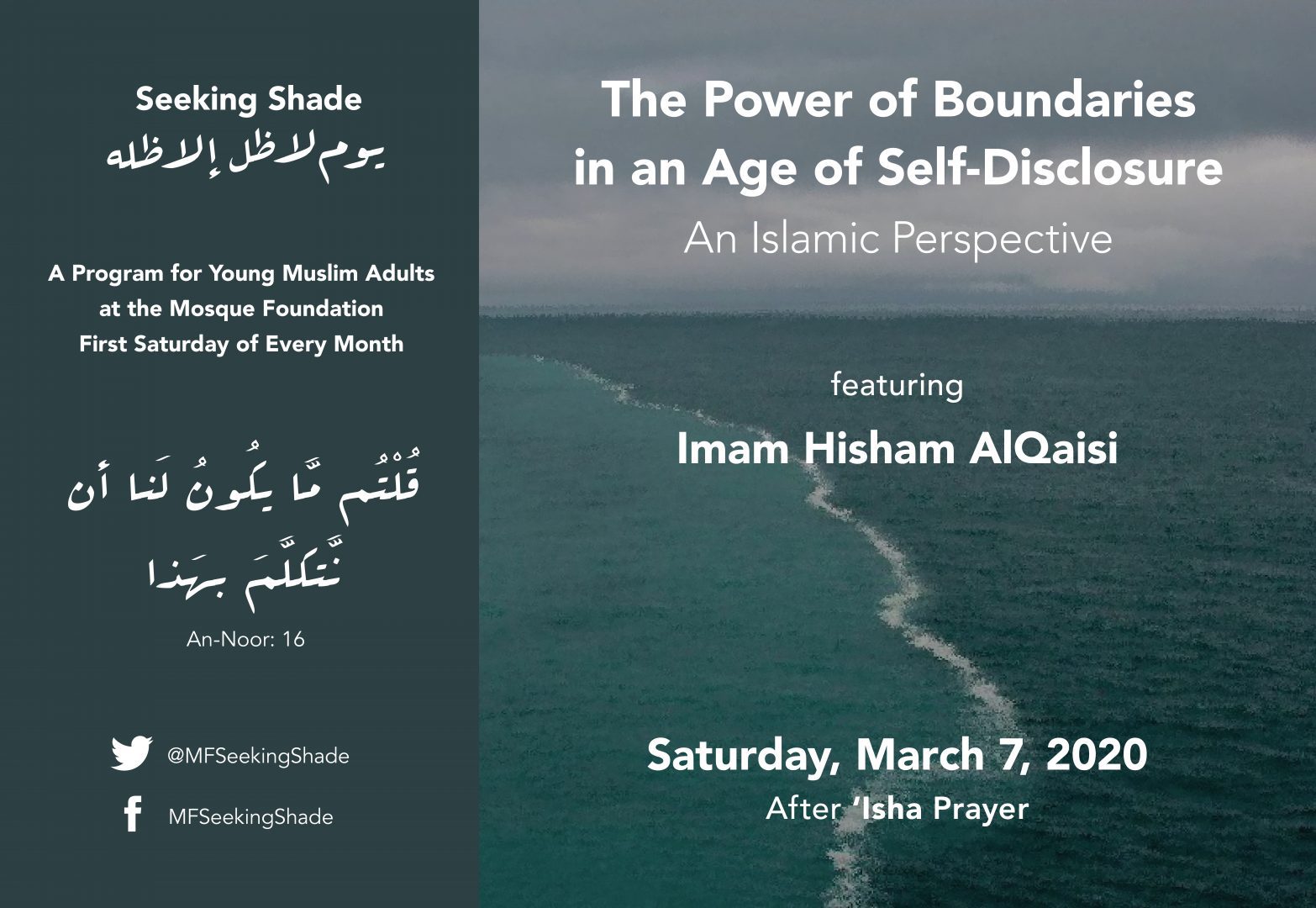Seeking Shade


Seeking Shade Program
Seeking Shade: A program on the first Saturday of each month at the Mosque Foundation for young men and women, ages 18-25.
Seeking Shade is a monthly program aimed for young adults and English-speakers in the community. The program is held on the first Saturday of every month at the Mosque Foundation and takes place for an hour before or after the ‘Isha prayer, depending on the season. Seeking Shade offers a platform for young adults to form a strong connection with the Masjid, participate in congregational prayers and form supportive relationships, thereby promoting a healthier, more spiritually connected community.
Seeking Shade attendees gain exposure to renowned and local scholars and speakers on a variety of topics including:
Ustadh Ubaydullah Evans on Spiritual Activism in the Social Space: The Legacy of Malcolm X
Dr. Mazen Atassi on Living the Sunnah A discussion on a holistic approach to health and wellness
Dr. Kamran Riaz on The Legacy of Hajar (A) The Ultimate Sacrifice & Power of Nothingness
The program continues to attract 100 or more attendees since its inception in the spring of 2013. Do not miss the next installment of Seeking Shade which holds the promise of shade, good company, and engaging discourse.
If you would like to receive texts from the SS team, text the number (567)-226-4639 with the message @h7272e and remember to Like our Facebook page: MFSeekingShade, for updates.


